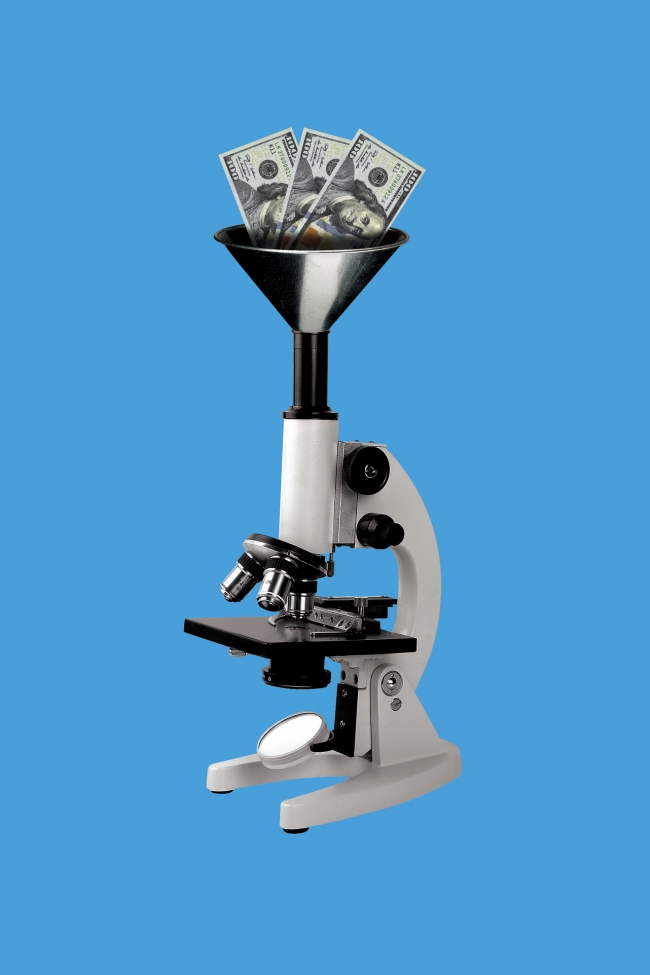Gilead Backs Away from Monopoly Over COVID-19 Drug
Public Citizen News / May-June 2020
By Rhoda Feng

This article appeared in the May/June 2020 edition of Public Citizen News. Download the full edition here.
Remdesivir is one of relatively few medicines that may prove effective in treating a patient population afflicted with COVID-19 that easily may number in the tens of millions in the U.S. alone. When its manufacturer, Gilead Sciences, sought to gain a lucrative seven-year monopoly on the drug, Public Citizen sprang into action.
Developed first to treat hepatitis C and then Ebola but never approved by the U.S. Food and Drug Administration, remdesivir was created in part using taxpayer money.
In March, the organization and 50 civil society groups sent a letter to Daniel O’Day, chairman and CEO of Gilead, pressuring one of the most profitable pharmaceutical corporations on earth to renounce its claim to a lucrative “orphan drug” designation for remdesivir. In practice, the designation would allow Gilead to receive additional federal tax credits in the United States and to exclude generic and more affordable competition while charging high monopoly prices for a longer period, if the drug is approved.
Gilead received this designation only by rushing to file its application while there were fewer than 200,000 known COVID-19 cases in the U.S. That is the population cap for eligibility as an orphan drug, which is a medication designed to treat rare diseases. The number of coronavirus cases passed the 200,000 mark in the U.S. on April , although due to a lack of widely available testing, the number of cases likely is much higher.
“This is an unconscionable abuse of a program designed to incentivize research and development of treatments for rare diseases,” the letter reads. “COVID-19 is anything but a rare disease. Calling COVID-19 a rare disease mocks people’s suffering and exploits a loophole in the law to profiteer off a deadly pandemic. Making the claim to special orphan status even more outrageous is the fact that the public already has largely paid for remdesivir’s development through at least $60 million in grants and innumerable contributions from federal scientists. America, and the world, has the right to expect better from Gilead.”
In a win for public health, Gilead heeded the groups’ call and has backed down, saying on March 25 that it would relinquish its government-sanctioned monopoly guarantee for a potential COVID-19 treatment.
“There’s no doubt that the prospect of an enormous public backlash is what made the difference,” said Peter Maybarduk, director of Public Citizen’s Access to Medicines program. Since Gilead’s concession, Public Citizen has called for the pharmaceutical giant to widely license its COVID-19 drug if it proves to be viable.
“The world cannot afford to have one manufacturer maintain a monopoly over remdesivir, particularly given the huge amount of public investment that has gone into the drug,” said Maybarduk. “Gilead must do more than make vague promises of reasonable pricing. It should commit right now to license the right and needed know-how to manufacture remdesivir to all qualified producers, in exchange for a modest royalty.”
To sign Public Citizen’s petition asking Gilead to do just that, visit: https://bit.ly/2zdUdlF.
If remdesivir proves effective against the novel coronavirus, the U.S. and the world will need the drug to be available at a low price that reflects both the public health need and the potentially enormous market – with production at an unprecedented scale.